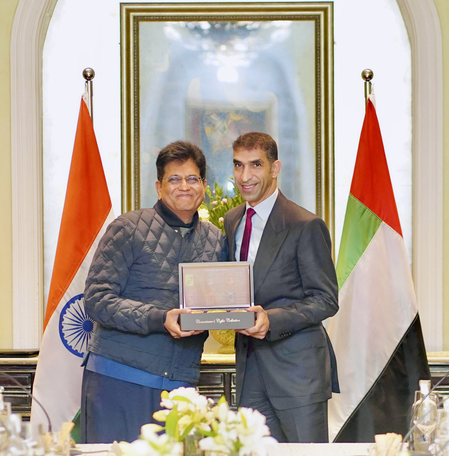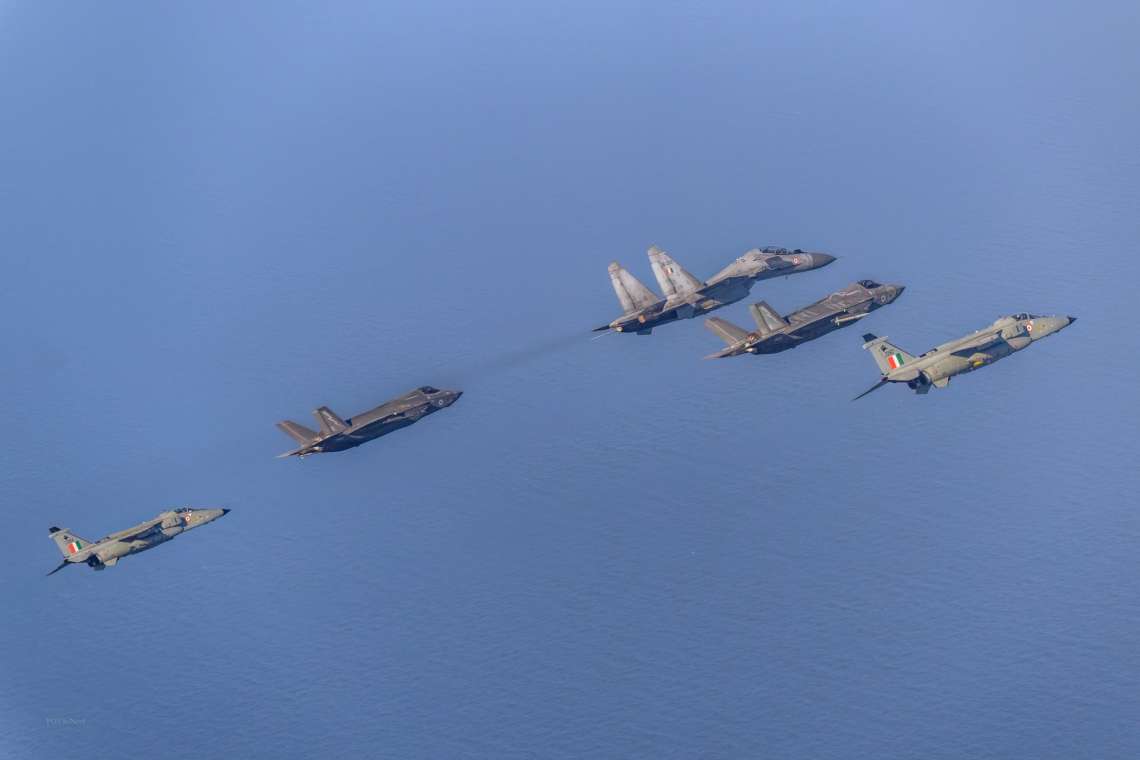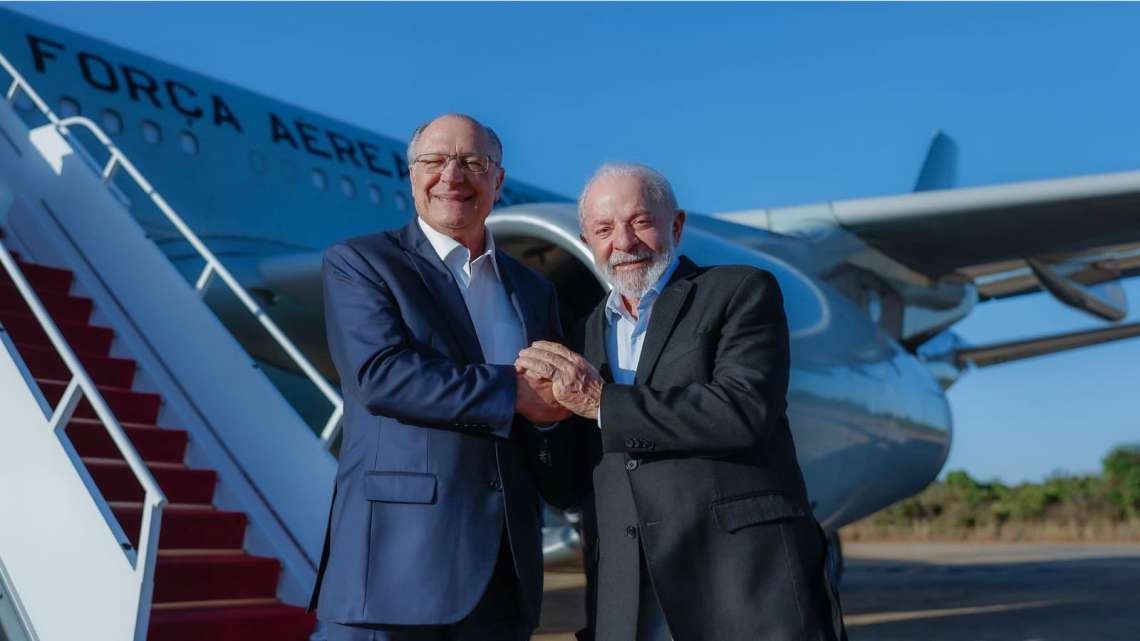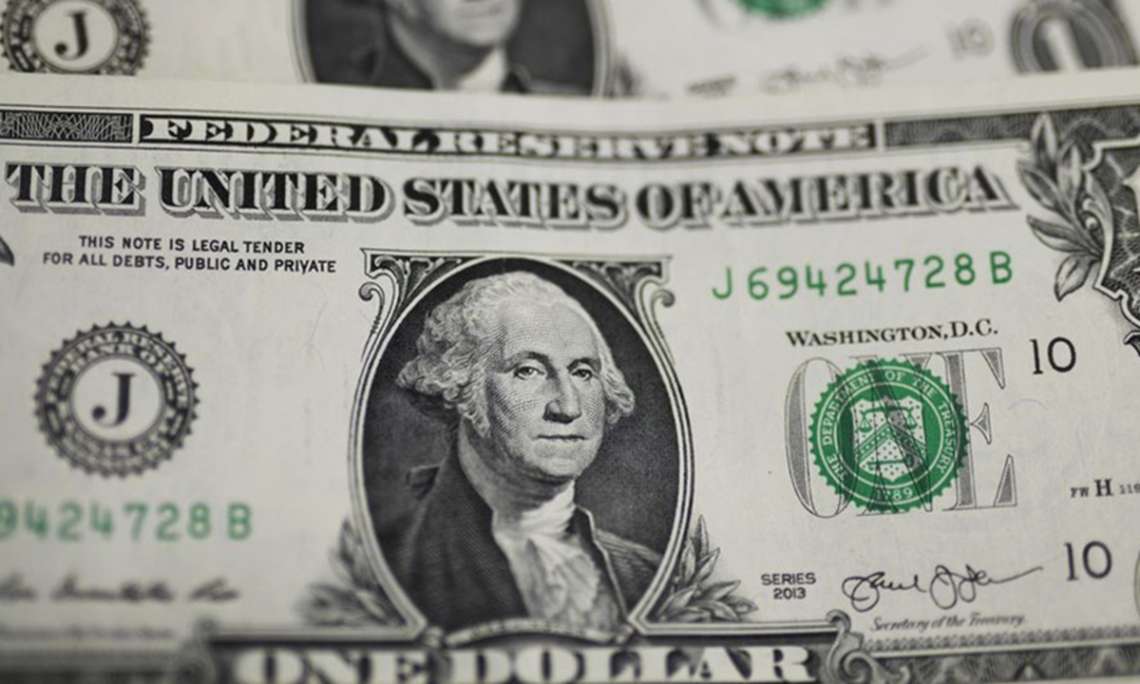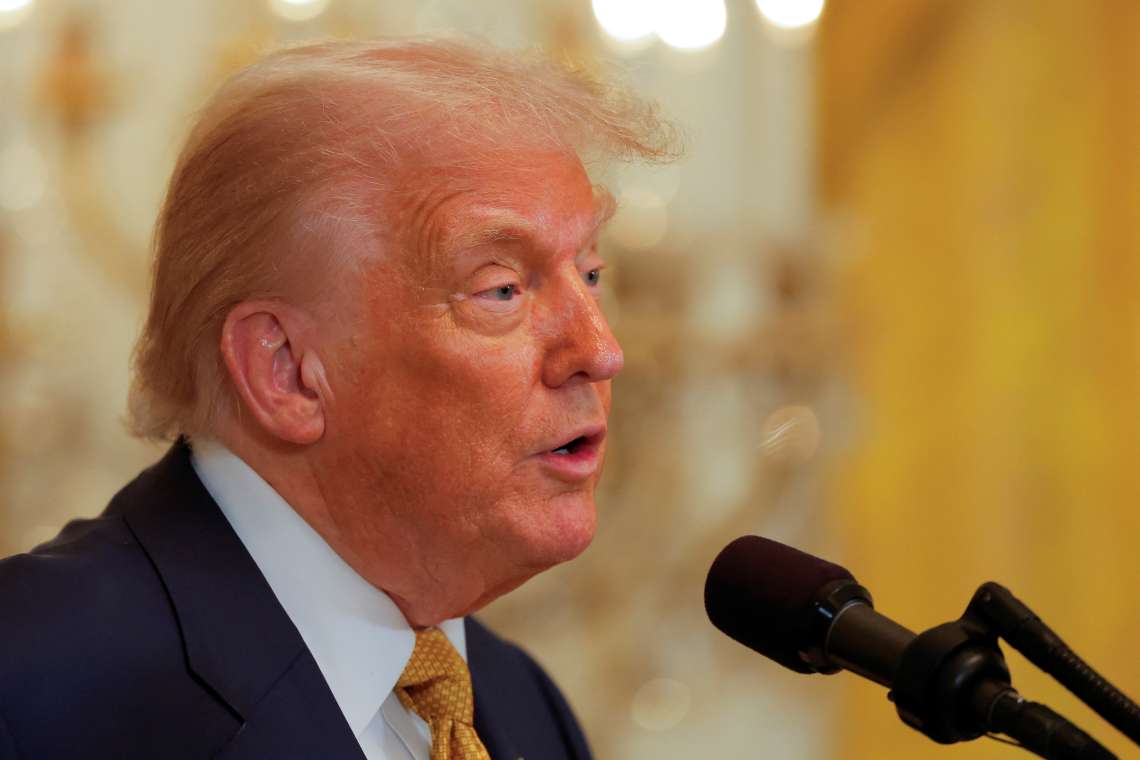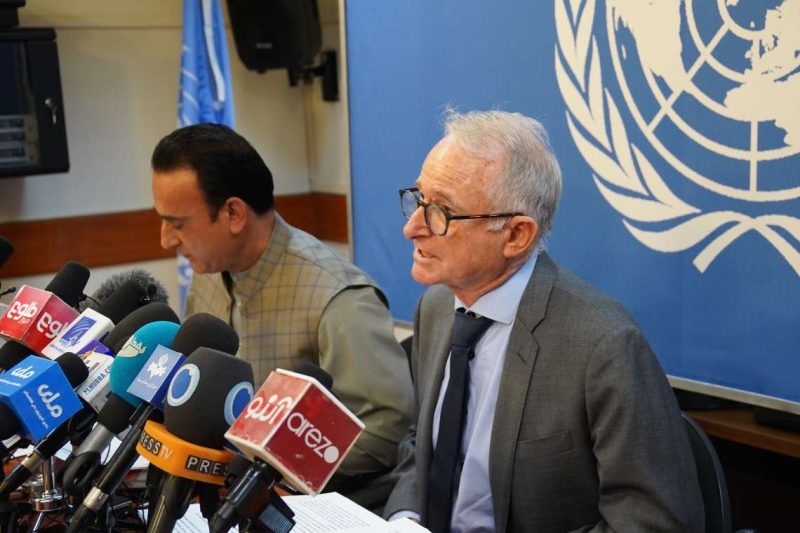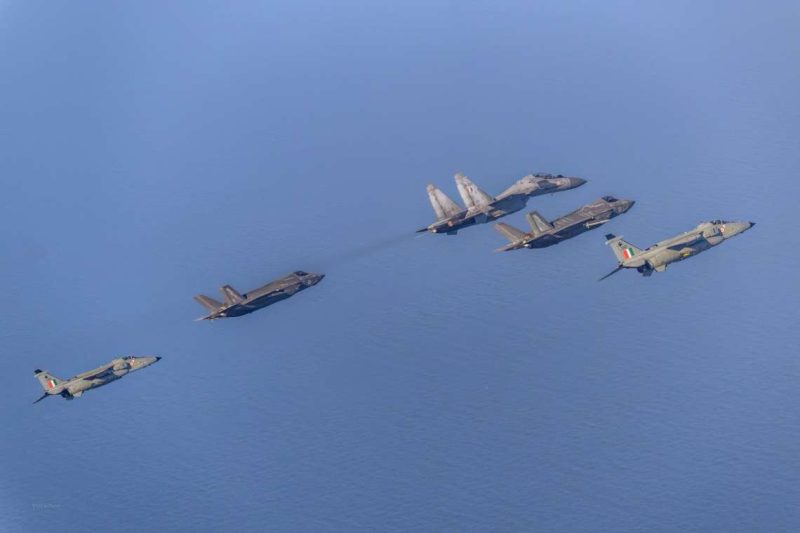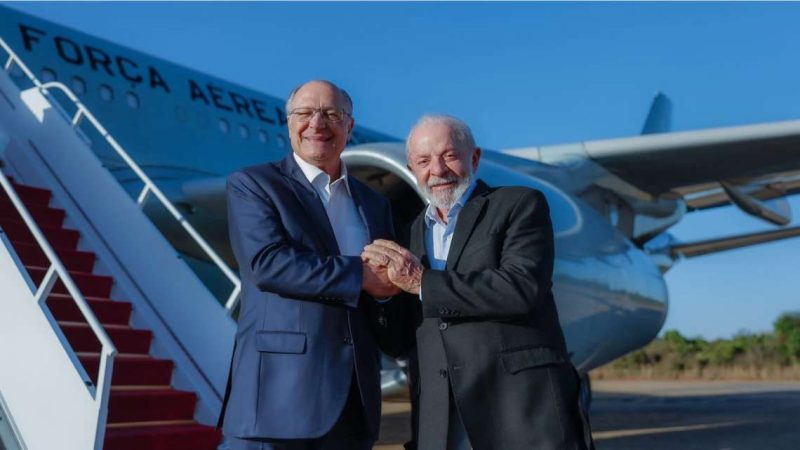India and the UAE reaffirmed their CEPA partnership, setting a $100 billion non-oil trade target by 2030, with strong focus on energy, food, healthcare, and technology….reports Asian Lite News
India and the United Arab Emirates (UAE) have set an ambitious new target to drive non-oil bilateral trade to $100 billion by 2030, strengthening their Comprehensive Economic Partnership Agreement (CEPA) against a backdrop of shifting global trade dynamics, including rising protectionism and tariff hikes by the United States.
The commitment was reaffirmed during a meeting last week between India’s Commerce and Industry Minister Piyush Goyal and the UAE’s Minister of Foreign Trade, Dr Thani bin Ahmed Al Zeyoudi. Both sides emphasised that the India–UAE partnership has emerged as one of the most defining economic alliances of the 21st century, with a strong focus on innovation, sustainability, and resilience.
Expanding CEPA’s reach
The ministers reviewed progress made under CEPA since its signing in 2022 and noted that the agreement had already begun reshaping trade flows. The new target of $100 billion specifically excludes oil and precious metals, signalling a deliberate push into emerging sectors. Discussions focused on renewable energy cooperation, digital infrastructure, supply chain resilience, healthcare partnerships, and the role of technology in driving inclusive growth.
The ministers also addressed the importance of sharing trade data in real time to ensure better monitoring and agreed that the Sub-Committee on Services would convene within two months. Goyal praised the UAE’s proactive steps, such as setting up the Emirates Drug Establishment, which has already eased concerns for Indian pharmaceutical firms looking to expand in the Gulf.
Pharmaceuticals and healthcare at the forefront
Pharmaceutical trade formed a major part of the dialogue. With evolving geopolitical disruptions affecting medical supply chains, both sides agreed to fast-track regulatory processes. UAE authorities conveyed their willingness to speed up drug registrations and facilitate smoother access for Indian companies. India, on its part, reiterated its readiness to comply with inspections and audits, further deepening trust in pharmaceutical standards.
Traditional medicine also found a place at the table. Officials explored opportunities to promote Ayurveda and other Indian practices in the UAE, seeing potential for expanding markets beyond conventional pharmaceuticals.
Food sector ties strengthen
The food and agribusiness sector also received significant attention. The Agricultural and Processed Food Products Export Development Authority (APEDA) launched the Bharati Scheme, designed to incubate over 100 Indian agritech start-ups and help them build global brands. The initiative aims to link small and medium enterprises directly with UAE partners, ensuring that Indian producers can compete more effectively in Middle Eastern markets.
An MoU was also signed between APEDA and the Dubai World Trade Centre (DWTC), confirming India as the partner country for Gulf Food 2026. More than 1200 sqm of exhibition space will be reserved for Indian firms across food, spices, marine, tea, and coffee segments.
The UAE, in turn, committed to addressing concerns raised by Indian exporters regarding high retail prices, mandatory testing for rice consignments, and price regulations in the food and beverage sector.
Driving investment and innovation
Goyal welcomed the UAE’s growing footprint in India’s infrastructure, logistics, and food processing industries, stressing that the flow of Emirati capital has helped accelerate India’s development trajectory. Both ministers highlighted the Local Currency Settlement System (INR–AED) and Bharat Mart in Dubai as innovations designed to reduce transaction costs and ease trade flows.
They also agreed that both nations must work in step with diverse partners to counter volatility in the global trade system, particularly in light of growing tariffs and supply chain disruptions elsewhere.
A partnership for the future
Al Zeyoudi described the UAE’s relationship with India as “a bridge between East and West” and said both countries were determined to leverage their strengths to lead regional and global trade reforms. Goyal emphasised India’s resilience in navigating global challenges and reiterated that the UAE remains one of India’s most trusted partners in pursuing shared prosperity.
Both sides concluded that CEPA has already delivered tangible results, but the new trade target will set a higher bar for cooperation in areas that define the future economy. The roadmap for 2030 is not just about numbers but about ensuring sustainable, inclusive growth that resonates far beyond the two nations.


